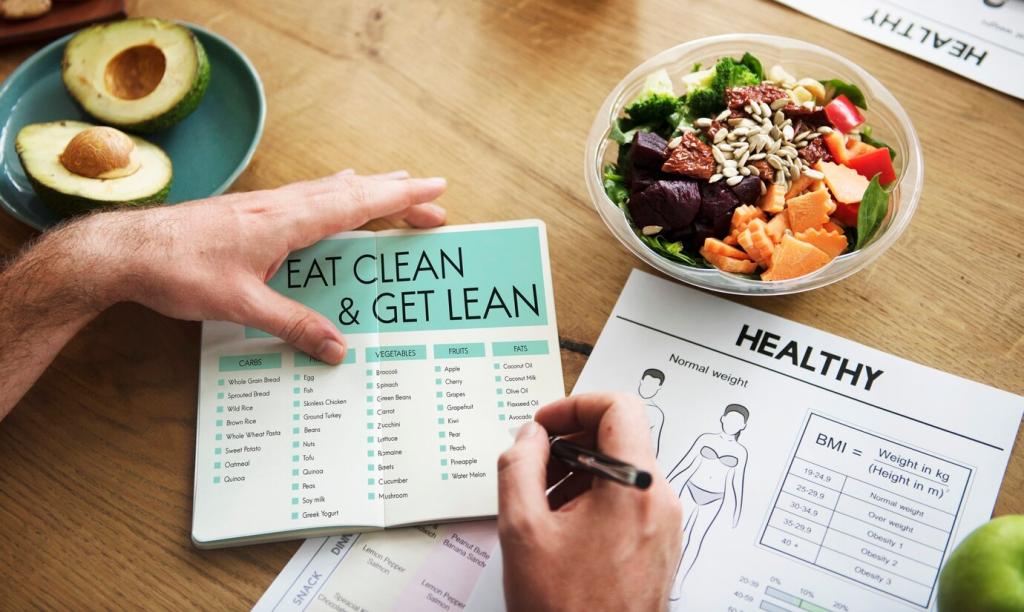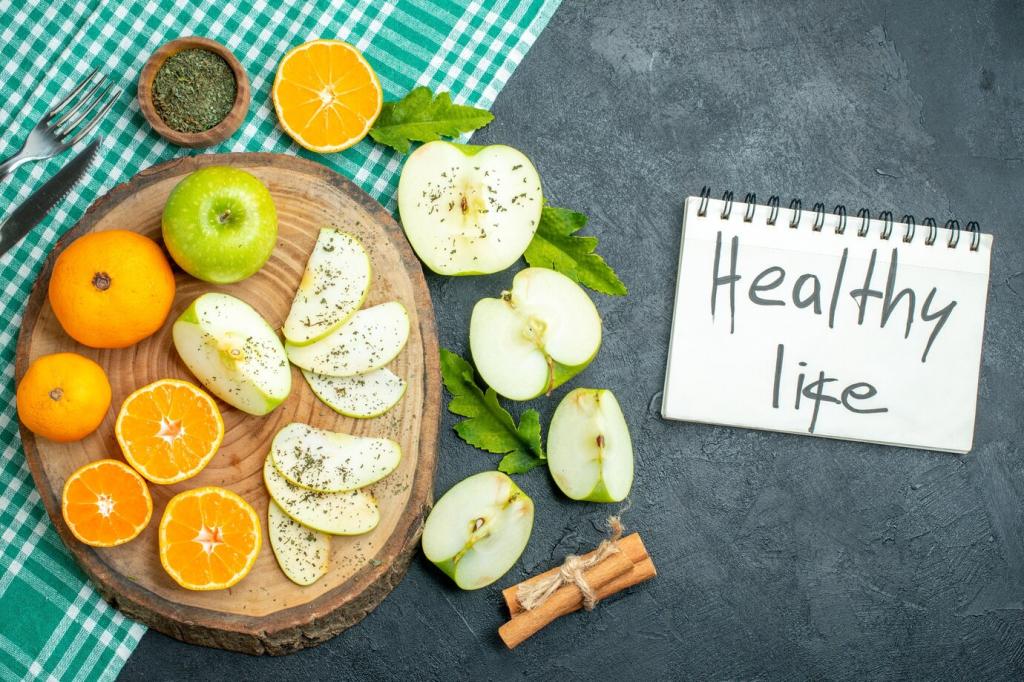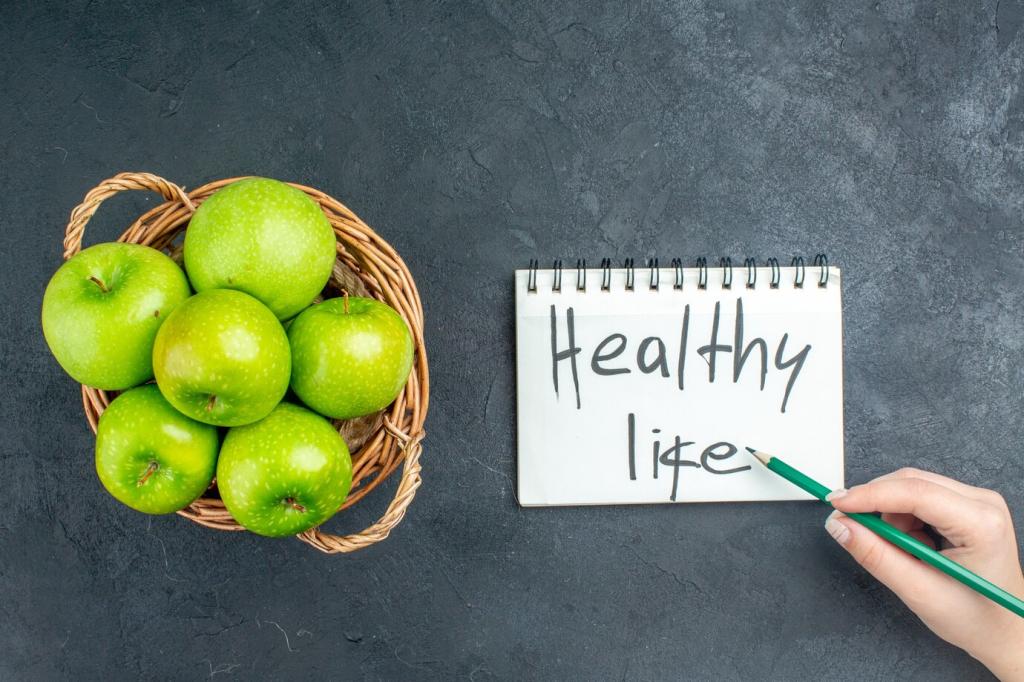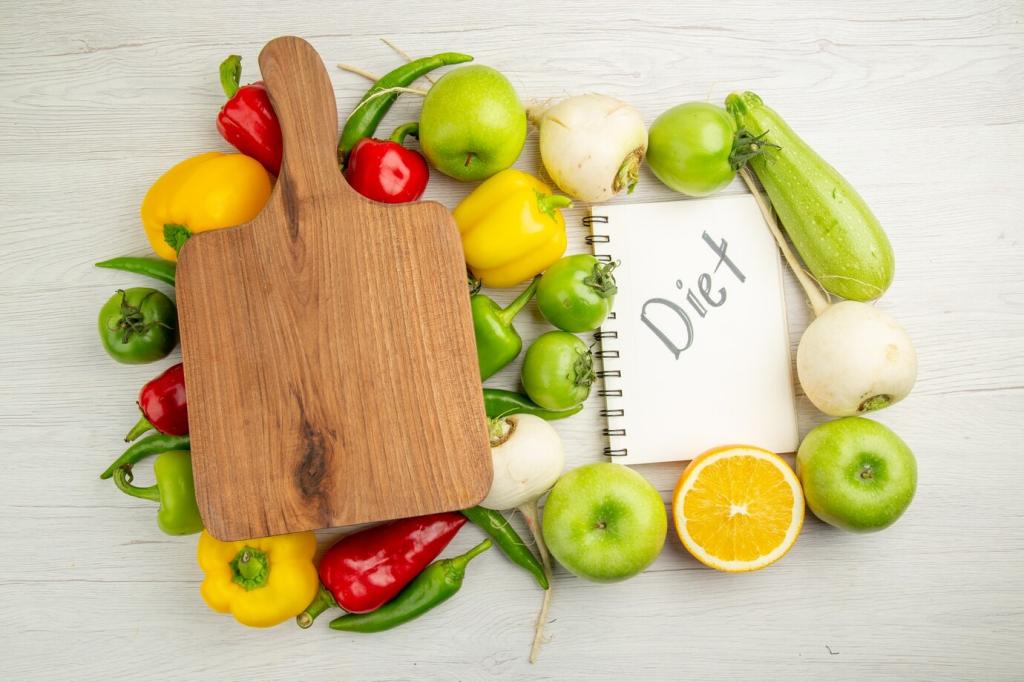
Hydration Essentials for Peak Athletic Performance
Selected theme: Hydration Essentials for Peak Athletic Performance. Discover how strategic fluids, electrolytes, and smart routines transform training days, sharpen focus, and unlock consistent, confident results—no matter the distance, heat, or intensity.
Why Hydration Is Your Competitive Edge
Adequate hydration supports plasma volume, which stabilizes heart rate and delivers oxygen efficiently. It also protects cognitive function, helping you react faster, pace smarter, and make better tactical decisions when the effort peaks and the noise gets loud.
Why Hydration Is Your Competitive Edge
Sweat cools your body, but it costs fluid and electrolytes. As you dehydrate, core temperature rises faster, perceived exertion climbs, and muscle efficiency drops. Learn your sweat rate so you replace enough fluid to keep performance honest when conditions get tough.


Pre-Workout Hydration: Starting Topped Up
Aim to drink a measured amount of fluid in the 2–4 hours pre-session, adjusting for body size and heat. Include a pinch of sodium or a light electrolyte mix to stimulate fluid retention and keep bathroom trips reasonable while priming you for consistent output.
Weigh yourself before and after a representative session to estimate sweat losses. Use those numbers to set an hourly intake range, adjusting for heat, humidity, and intensity. The goal is to limit body mass loss without overdrinking and to keep your stomach comfortable.
Hydration During Training and Racing
Sodium helps retain fluid and supports nerve and muscle function. Heavy or salty sweaters often need more than a light sip. Start with a moderate electrolyte mix and fine-tune by feel, conditions, and post-session weight changes to dial in cramp-resistant consistency.
Hydration During Training and Racing


Post-Workout Rehydration for Faster Recovery
Use post-session body mass change to guide rehydration. Add enough fluid to cover the deficit plus a sensible margin, especially if you have another session soon. Include sodium so you actually hold the water you drink rather than chasing it to the bathroom.
Post-Workout Rehydration for Faster Recovery
Soup, yogurt, fruit, milk, and salty snacks all contribute meaningful fluid and sodium. Pair a recovery meal with a rehydration drink for a one-two punch that restores plasma volume, supports glycogen resynthesis, and settles the nervous system more completely.
Conquering the Heat
In hot, humid conditions, sweat rates soar, and thirst lags behind. Pre-cooling with cold fluids or an ice-slurry, wearing breathable layers, and bumping sodium intake can keep pace steadier. Test your plan on a hot day so race temperatures don’t surprise you.
High Altitude Considerations
At altitude, respiration increases and air is dry, nudging fluid needs upward. Plan more frequent small sips and include electrolytes. Expect a few days of adaptation and be patient—hydration here supports sleep, training quality, and your overall sense of control.
Cold Weather Dehydration Is Real
Cold blunts thirst, but fluid losses continue via respiration and layered clothing. Warm, lightly flavored drinks can encourage intake. Don’t skip sodium just because it’s chilly; cramps can still strike, and performance suffers when you silently drift into a deficit.






